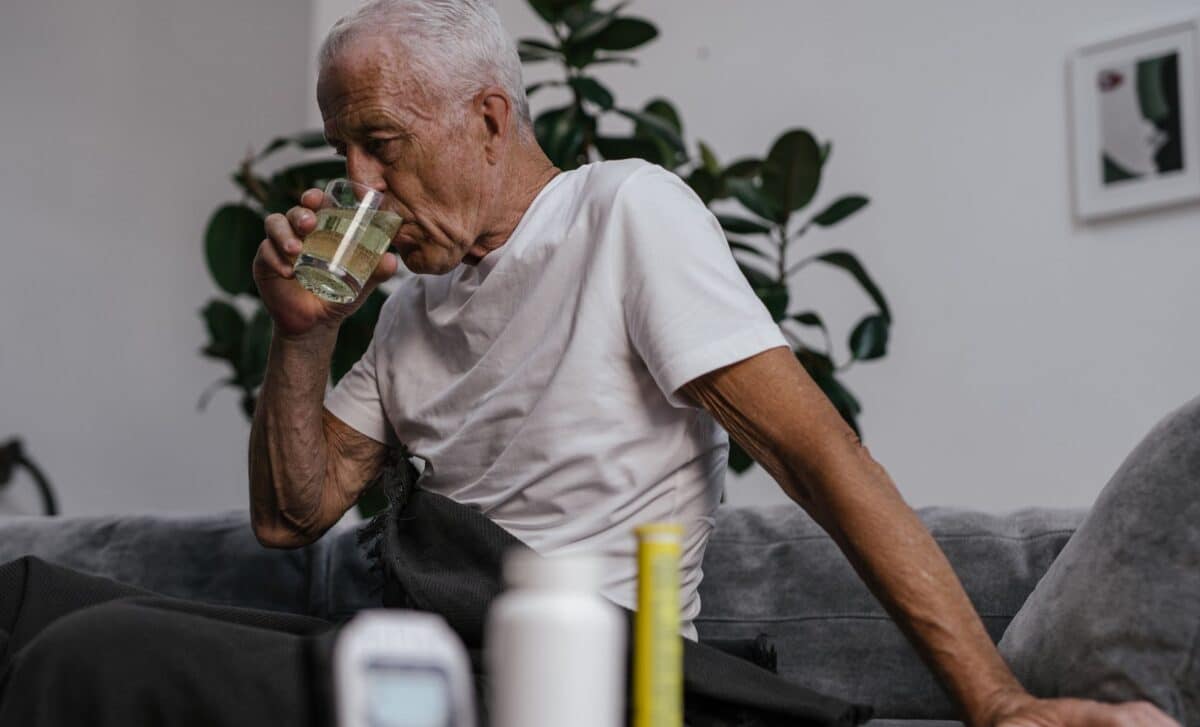More than 3.6 million people in Scotland, England, and Wales get up to £737.20 every four weeks to help with the extra costs of living with a disability, illness, or health condition.
This support is called Personal Independence Payment (PIP), or Adult Disability Payment (ADP) in Scotland. It helps people with over 530 different conditions. What matters most is how the condition makes everyday tasks like cooking, washing, eating, dressing, or moving around harder.
Overview of PIP and ADP: Health Conditions and Support Available
Every PIP or ADP claim is unique to each person, which might encourage those thinking of applying to start the process. Below is a full overview of PIP and ADP, including the five most common conditions people claim for and the 20 main disabling conditions listed by the DWP. PIP payments can’t be backdated, but they start from the day you submit your claim to cover the processing time. If successful, you can receive between £28.70 and £184.30 per week, reports the Daily Record.
The DWP has recorded the following total number of categories:
- Disability category – 21
- Disability Sub Group – 178
- Disability – 536
Five most common PIP health conditions:
These are the main health conditions noted by the DWP at the end of July 2024:
- Psychiatric disorder: (1,379,206 claimants)
- Musculoskeletal disease: (general): (682,391 claimants)
- Neurological disease: (468,113 claimants)
- Musculoskeletal disease (regional): (426,038 claimants)
- Respiratory disease: (138,376 claimants)
One in three (36%) of all PIP claims with entitlement at the end of April receive the highest level of support. Getting PIP or ADP can also help people with housing costs, Council Tax, other benefits, and lower travel costs on public transport.
Main Disability Categories Recorded by the DWP
These are the primary disability categories that include more than 530 other conditions. This list provides an overview of the conditions, disorders, and diseases recognized by the DWP for claims.
- Autoimmune disease (connective tissue disorders)
- Cardiovascular disease
- Endocrine disease
- Gastrointestinal disease
- Haematological disease
- Hearing disorders
- Infectious disease
- Liver, gallbladder, and biliary tract diseases
- Malignant disease
- Metabolic disease
- Multisystem and extremes of age
- Musculoskeletal disease (general)
- Musculoskeletal disease (regional)
- Neurological disease
- Psychiatric disorders
- Respiratory disease
- Skin disease
- Visual disease
- Diseases of the immune system
- Unknown or missing
Overall PIP Claimants in April 2024: 3,544,042
Who May Qualify for PIP or ADP?
To qualify for PIP or ADP, you need to have a health condition or disability that makes daily living or moving around difficult (or both) for at least three months and you expect these challenges to last for at least nine months.
You also typically need to have lived in the UK for at least two of the last three years and be in the country when you apply.
If you need help with any of the following because of your condition, you should think about applying for PIP or ADP:
- Preparing, cooking, or eating food
- Taking your medication
- Showering, bathing, or using the bathroom
- Putting on or taking off clothes
- Interacting and communicating with others
- Understanding and reading written material
- Handling money and making financial choices
- Organising a journey or navigating routes
- Moving from one place to another









